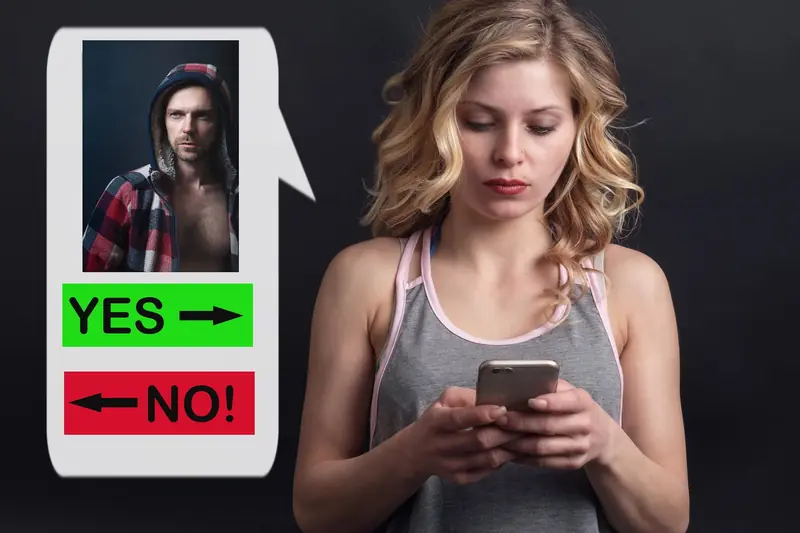
Millions of people around the world are grateful to dating apps for helping them find their significant others. However, many who are familiar with this topic are increasingly pondering the crisis currently facing this trendy service. It seems that, having turned into a ghost town of sorts, it has dehumanized romantic relationships. Moreover, users of dating sites often accuse them of triggering paranoia due to the fear of being overlooked.
What do experts in human relationships think about this?
Background: The world’s first computer dating service, Match, was created in 1965 by a team from Harvard University. For $3, users answered questions from tests and received a list of compatible individuals. Online dating sites began to emerge in the 1990s. By the early 21st century, the widespread availability of video hosting made it possible to watch videos featuring marriage announcements. The most well-known dating platform is Tinder, which boasts over 50 million registered users.
According to Annie Lord, author of “Notes on a Broken Heart,” dating apps offer a plethora of options, but this “illusion of endless choice actually undermines the accountability” of potential partners. People in profiles are not part of your social circle, making it easier for them to disappear.
As Independent columnist Eloise Handy points out, these apps once transformed dating into something that could be managed with a single click. Since then, much has been written about the revolution they have sparked in dating culture. However, it is often overlooked that this culture is a business. Site owners primarily need you to keep returning to their platforms and generating profit.
Recent studies have shown that dating apps can lead to pathological addiction. Just two years after Tinder’s launch, its founders reported that the average user logs in 11 times a day. Cultural anthropologist Natasha Dow Schüll, who specializes in gaming addiction, compared the design of dating apps to that of slot machines. It encourages endless scrolling in search of matches, followed by dopamine releases—the pleasure hormone.
While major sites aim to appear as helpers in the quest for love and happiness, their users increasingly feel like they are becoming machines.
After spending a long time on these apps, people confront the painfully sobering reality: many simply do not fall in love with them. Psychologists note that this leads users to become insecure, withdrawn, and vulnerable.

Sociologist Alicia Denby, a researcher of modern dating methods, spoke with users aged 18 to 25 of these apps. She found that young people who had been ignored or humiliated by other site visitors were reluctant to show emotional vulnerability, viewing it as a weakness. Denby used the term “emotional deadlock” to describe the “metaphorical standoff” where each party waits for the other to open up and confess their feelings. “Emotions become a currency, and the ‘winner’ is the one who invests the least and is the least emotionally attached,” Denby believes.
The study of the “emotional deadlock” in dating largely draws on the findings of sociologist Eva Illouz. She argued that under capitalism, close, intimate relationships are increasingly defined by economic models of trade and exchange. Furthermore, relationships begin to resemble work, and any emotional interaction is perceived as labor.
“Often, we feel we don’t have time to deal with people’s emotions and support them,” writes Annie Lord. This leads to avoiding strong attachments or valuing control and emotional distance over the commitments necessary for developing close relationships. As a result, we find ourselves in the same “emotional deadlock,” where others are seen as vampires draining our limited emotional resources. Instead, the expert suggests that we should think, “When you have time for them, they will have time for you—and it will be mutually beneficial and wonderful.”

